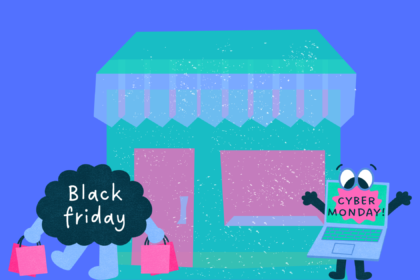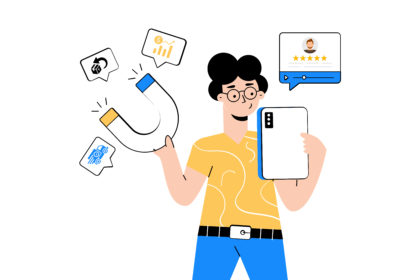Personalization has become a norm rather than just being something that e-commerce brands do to just sway customers. Ecommerce Personalization has become just more than that in this bustling world.
66% of consumers want businesses to understand their specific requirements and expectations. (Salesforce).
77% of consumers have chosen, recommended, or paid more for a brand that provides a personalized experience (Forrester).
Why is Ecommerce personalization important?
Better user experience: More and more relevance your customer finds in your brand and in your products through personalization, stronger the relationship you can cement with your customers.
Increase AOV: The holiday season is one period in which customers keep their wallet open and they would want to spend on their gifts. Even though inflation is a major factor this year and that it’s been influencing people spending their money on products, people are still ready to spend a lot on holidays this year what more ways do you need to increase your average order value rather than personalizing?
Competitive advantage: Personalization could be a key differentiator in setting you apart from the crowd. Through Enhanced Customer Satisfaction and Customer Engagement with your website, lets you collect a lot of data from what the pattern of the customer. This gives you uninterrupted access to data that you can use on customers to re-target them.
Upselling and cross-selling opportunity: Personalization is a great way to upsell and cross-sell products from your website to a customer who is just browsing through your website.
Given the importance of personalization, just personalizing doesn’t cut it anymore. Hyper-personalization is the way. And let’s take a look at how you can create a seamless but exceptional e-commerce personalization by hyper-personalization.
Key Ecommerce Personalization areas to focus on:
Search personalization
Site search is 1.8x more effective at producing conversions. Why not personalize your site search property?
You can start by doing the following things. (Most of these techniques work better if you have a good customer segmentation game).
- Boost popular brands and items.
- Tailor results by gender-based categories.
- Highlight high-value items.
- Customize results by user preferences.
- Display popular gift ideas or gift guides
Recommended products personalization
Personalization is hard, especially during the holiday season. The customer might have a big list of gifts that has to be shopped on your website. Say for example, if a customer is browsing a hoodie to be gifted during the holiday season and that they found the hoodie after various personal recommendations. But what if the customer has moved to another product which is in their long list of gifts and is searching for a different product now? In this case, the e-commerce brand must use various indicators to change the personalized product recommendations in this case. This in turn makes it very convenient for customers to browse through your website and this will help with your conversion rate.
A Branded tracking page could be a game-changer. On an average, a person visits a tracking page six to eight times in order to track their package. If your brand offers a branded tracking page, this improves brand recall and produces an opportunity to upsell and cross-sell your products. With personalization in the picture of upselling and cross-selling products based on previous customer history, it creates a separate revenue channel.
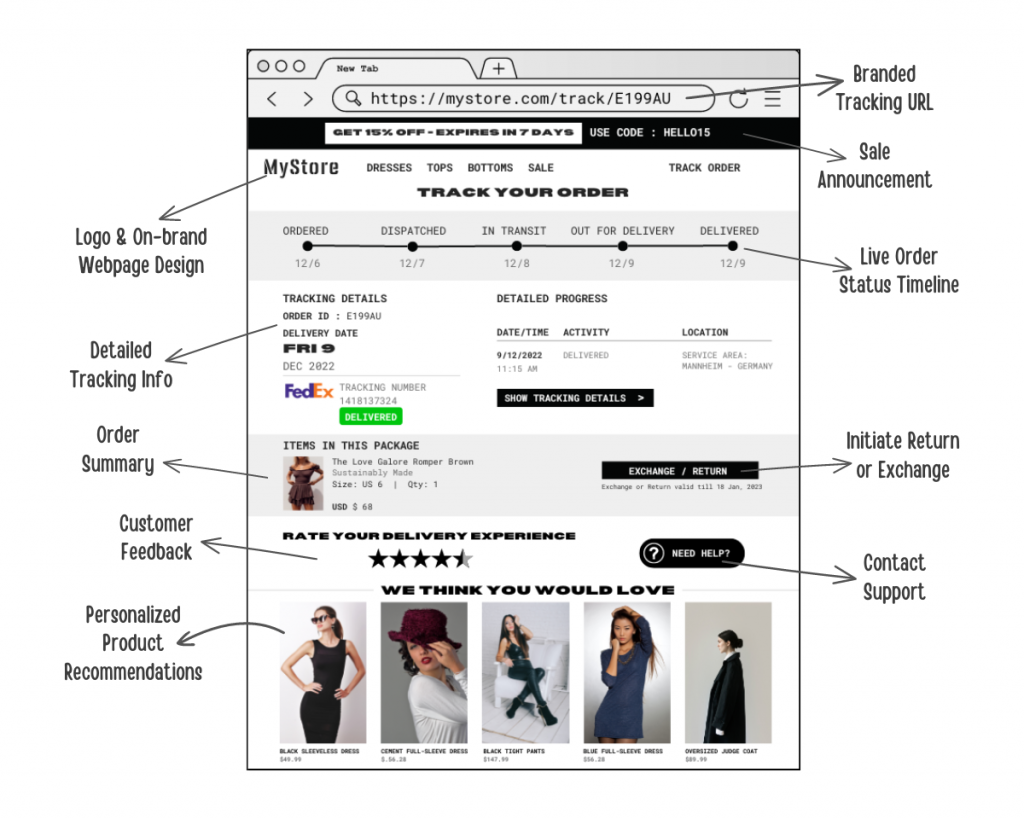
Quick tip: Try prioritizing products in the recommendations that have offers or products that are on sale to increase the conversion rate.
Ways to present personalized recommendations: Best sellers, trending, bundles offered with the product being viewed, what’s new, recently viewed.
Nearly 70% of customers revisit a website several times before they make their purchase decision. (Forbes) In this case, if you offer a tab that says recently viewed, this influences the customer to recall the product and this in turn will help in conversion.
Personalized marketing
Social media is one of the top channels through which people search for holiday gift ideas. Now with the advent of Meta Custom Audience and E-mail marketing custom audiences, you can create different customer segments and target them through personalized ads. This remains a great advantage for brands to target different audiences with different products, different messages and different creatives too.
Retargeting through personalization: 97% of people who visit your website do not buy anything from you the first time. Retargeting is a good way to bring in those customers who left after one session. Retargeting can also be personalized by leveraging data and analyzing what the customer viewed. This can be done through social media, emails and SMS marketing. when you retarget a customer, it is not only essential that you personalize the recommendations for them, but it is also important to personalize the coupons in order to get them back to your website. You should know what trigger works for a particular segment of customers. If a customer knows that the particular product they viewed is on a limited offer deal or is now offered with a coupon they can redeem it and buy the product. These customers will be more interested in coming back to your website and converting.
Quick tip: Include social proof in product pages to decrease the bounce rates.
Final word
The more personalized your website, the more impact it will have on the conversion rate. One size fits all personalization technique doesn’t work out anymore. Many brands really go out there and put so much effort into converting their customers and giving them a very good experience and you cannot compromise on personalizing the customer experience. Personalization is the future.
We live in a relationship economy rather than a transactional economy. Customers expect a brand to establish a relationship with them and personalization is one good way to appeal to the customers, not only increasing sales but leaving a remarkable image on the consumer’s mind.
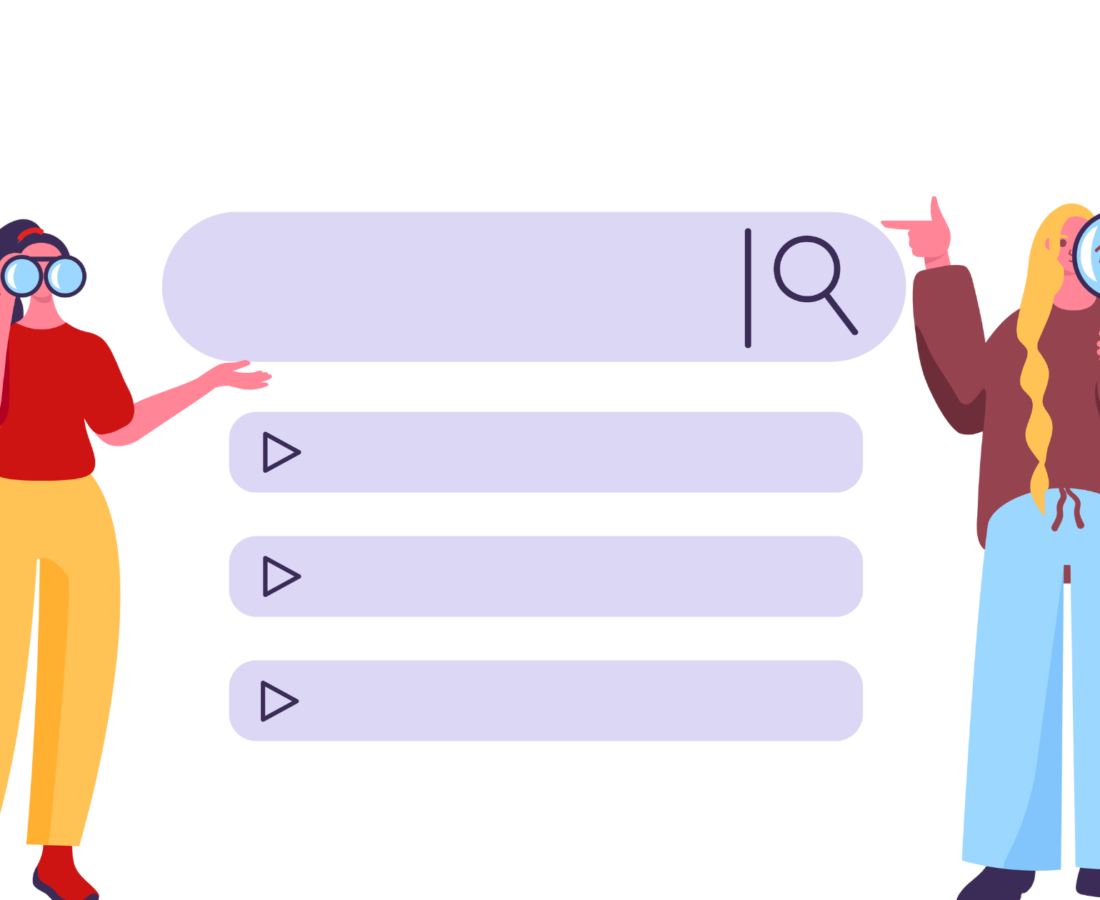

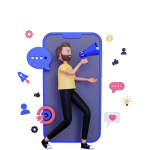
![Holiday Season Marketing Calendar and Shipping Deadlines [2021] Blog Header](https://lswordpress.s3.amazonaws.com/blog/wp-content/uploads/2021/08/17065221/Holiday-Season-Marketing-Calendar-and-Shipping-Deadlines-2021-Blog-Header-420x280.png)

